News
The Einstein Factor: Exploring the Scientist’s Relationship to Oppenheimer and the Atomic Bomb
The most pacifist scientist brought the key to destruction
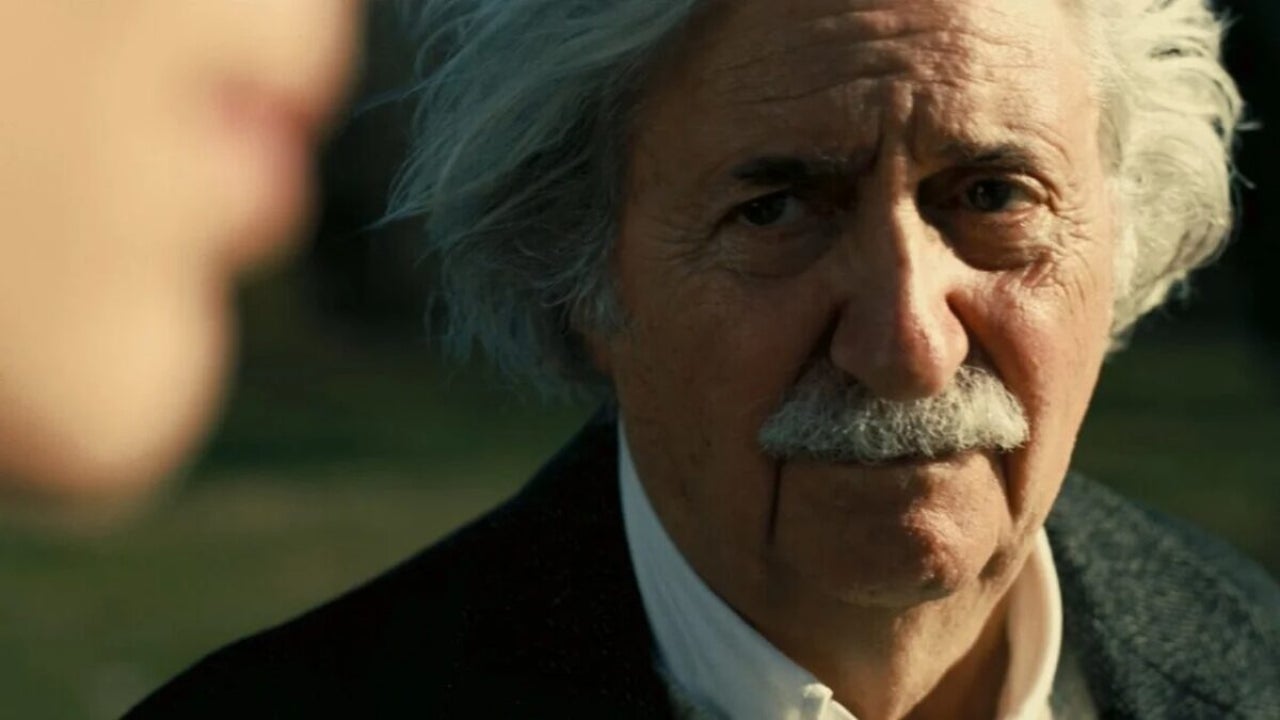
- May 8, 2023
- Updated: March 7, 2024 at 9:52 PM
Christopher Nolan has just released the first trailer for Oppenheimer, his next major film starring Cillian Murphy, the lead actor in the Peaky Blinders series. The feature film will condense the biography of J. Robert Oppenheimer, and is based on the book American Prometheus: The Triumph and Tragedy of J. Robert Oppenheimer.
Nolan wants to once again blow up theaters -almost literally- with his next big movie in which he will bring us the story of the making of the first atomic bomb. Undoubtedly, this is a risky decision but it could become the blockbuster of the summer -if it manages to surpass Barbie-.
But the trailer has not only served to show the aesthetics of the film, but has also introduced a character who, although expected, had been a surprise so far: Albert Einstein. The most famous scientist of the twentieth century has made an appearance played by Tom Conti, and many have wondered what he plays in this film.
The truth is that he plays a very important role in the film. It is well known that Albert Einstein held the key to the atomic bomb, and the Manhattan Project was actually his brainchild. But what exactly was the scientist’s role in all this, and how could someone known for his pacifism and good humor contribute to such a cause? We tell you.
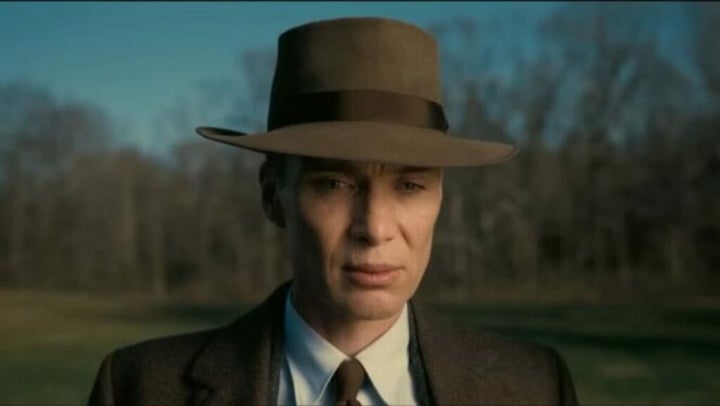
Albert Einstein and the Hiroshima bomb
Einstein‘s relationship to the atomic bomb has been the subject of debate for decades, with some arguing that he was instrumental in its development, while others claim he opposed it. But one thing is clear, and that is that Einstein’s theory of relativity laid the foundation for the development of nuclear physics and atomic energy.
In 1939, shortly after the outbreak of World War II, Einstein wrote a letter to President Roosevelt warning him of the possibility that the Nazis were developing an atomic bomb. This letter was the starting point for the Manhattan Project, the U.S.-led effort to develop the first atomic bomb.
But, despite having written the letter that initiated the project, Einstein never worked directly on it. In fact, his involvement was very limited. After writing the letter, Einstein was invited to join the project as a consultant, but he declined the offer, saying that he did not want to work on something that could be used for military purposes. That is, although he warned of what his enemies could do, he wanted nothing similar to do with it on his part.
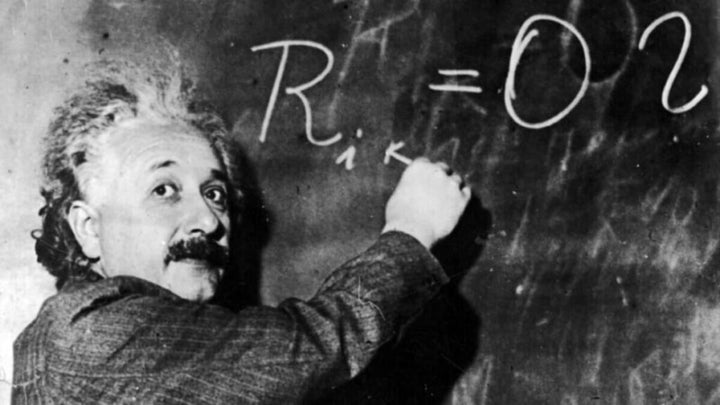
Despite his opposition to bomb development, Einstein remained an advocate of science and research. In 1947, he wrote an article in which he spoke of the need for international control of atomic energy. In it, Einstein advocated the establishment of an international agency for the control of atomic energy to prevent the use of nuclear energy for military purposes.
“If atomic energy is used for military purposes, mankind will have fallen into an abyss from which it will be difficult to extricate itself,” Einstein wrote. “It is important that atomic energy be used only for peaceful purposes, and that international control be established to ensure that this is so.”
Despite his efforts to prevent the military use of atomic energy, Einstein was also criticized by some of his colleagues for initiating the Manhattan Project. In his book Einstein: His Life and Universe, biographer Walter Isaacson wrote that some of Einstein’s closest friends and collaborators were “appalled” by his role in the project.
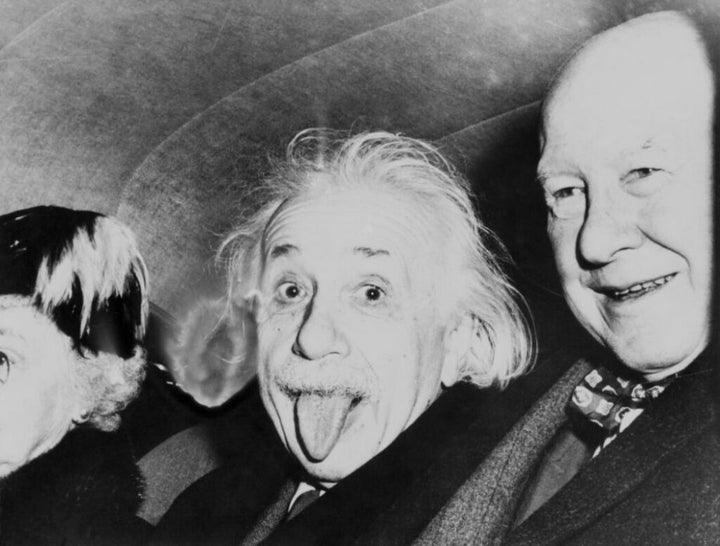
“How could a man who had advocated peace and social justice all his life have initiated a project whose sole purpose was mass destruction?” some of them wondered.
The answer to that question may be complicated. On the one hand, Einstein was concerned about the possibility of the Nazis developing an atomic bomb and wanted to make sure that the United States would be prepared if that happened. On the other hand, Einstein was also a complex man who understood that science could be used for both good and evil.
In an interview with journalist Edward R. Murrow in 1950, Einstein reflected on his role in the Manhattan Project. “If I had known the Germans weren’t working on it, I wouldn’t have done anything,” he said. “But once I knew the Germans were working on it, I couldn’t sit around and do nothing. The responsibility was too great.”
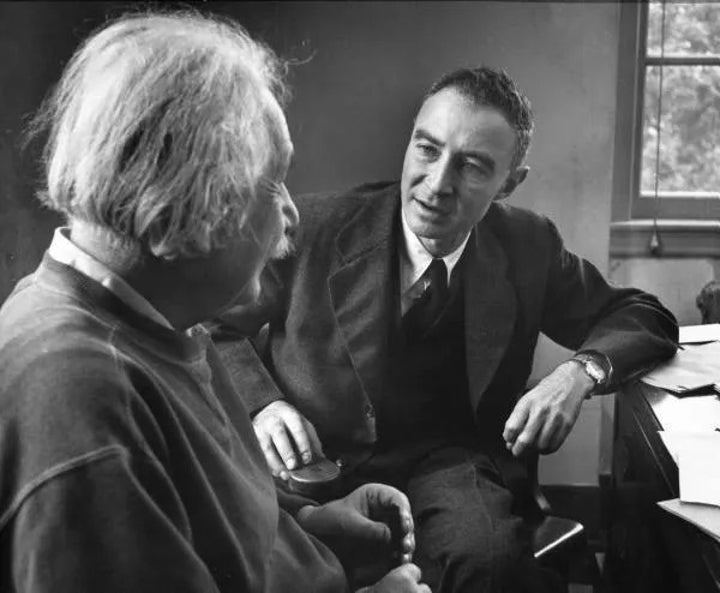
It is important to note that Einstein was not involved in decision making during the development of the project. The leaders of the project, including General Leslie Groves and theoretical physicist Robert Oppenheimer, were the key decision makers on how the bomb would be developed.
In fact, some have argued that Einstein’s letter played a smaller role in the inception of the Manhattan Project than has previously been suggested. Historian Alex Wellerstein has pointed out that the U.S. government was already investigating the possibility of developing an atomic bomb before Einstein’s letter reached Roosevelt.
In any case, it is clear that Einstein did not support military use of the atomic bomb once it was developed. In a letter to a friend in 1946, Einstein wrote: “I believe that what was done at Hiroshima and Nagasaki was an unnecessary and unjustified crime”. So his opinion is clear.
Some of the links added in the article are part of affiliate campaigns and may represent benefits for Softonic.
Cultural journalist specialized in film, series, comics, video games, and everything your parents tried to keep you away from during your childhood. Also an aspiring film director, screenwriter, and professional troublemaker.
Latest from Juan Carlos Saloz
- Color grading in Adobe Premiere Pro: become a master of color
- Create the best packaging for your brand with Adobe Illustrator
- What will the last episode of The Simpsons be like? The series itself fantasizes about it through Artificial Intelligence
- Success or failure? How is Nosferatu doing at the box office?
You may also like

Yes, we can measure a person just by taking a photo of them
Read more
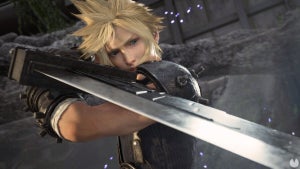
Final Fantasy VII Rebirth has performed well, but now at Square they only trust in multiplatforms
Read more

Originally, Kingdom Hearts was so difficult that at Square they compared it to a Takeshi Kitano game
Read more

You didn't know it, but the world of chess just suffered because of some cowboys
Read more

WhatsApp collaborates with Google so you can find out the origin of any image sent to you
Read more

Steam breaks its own record for games published again
Read more